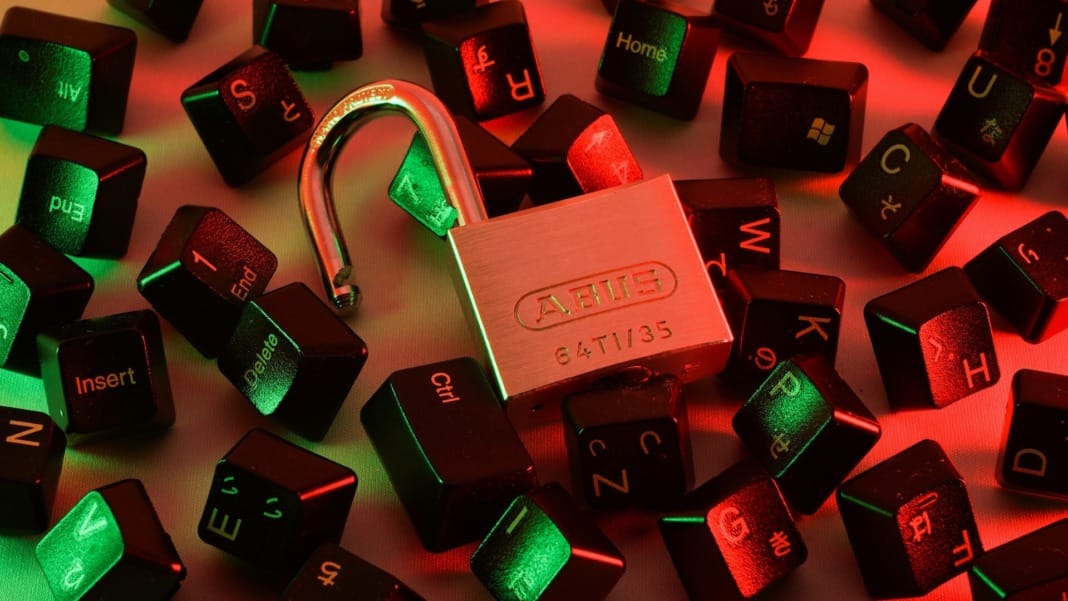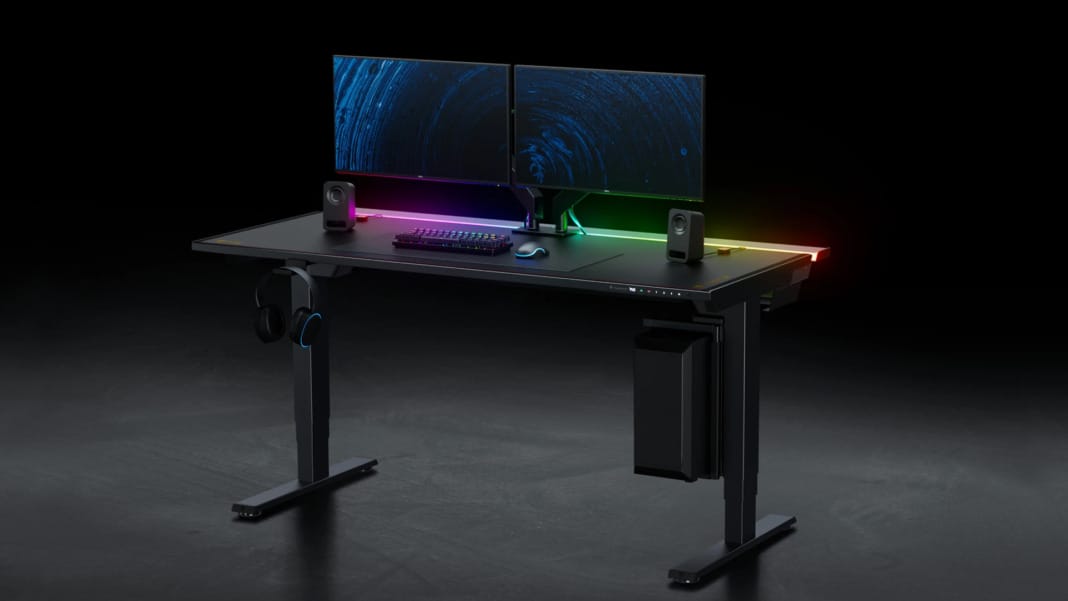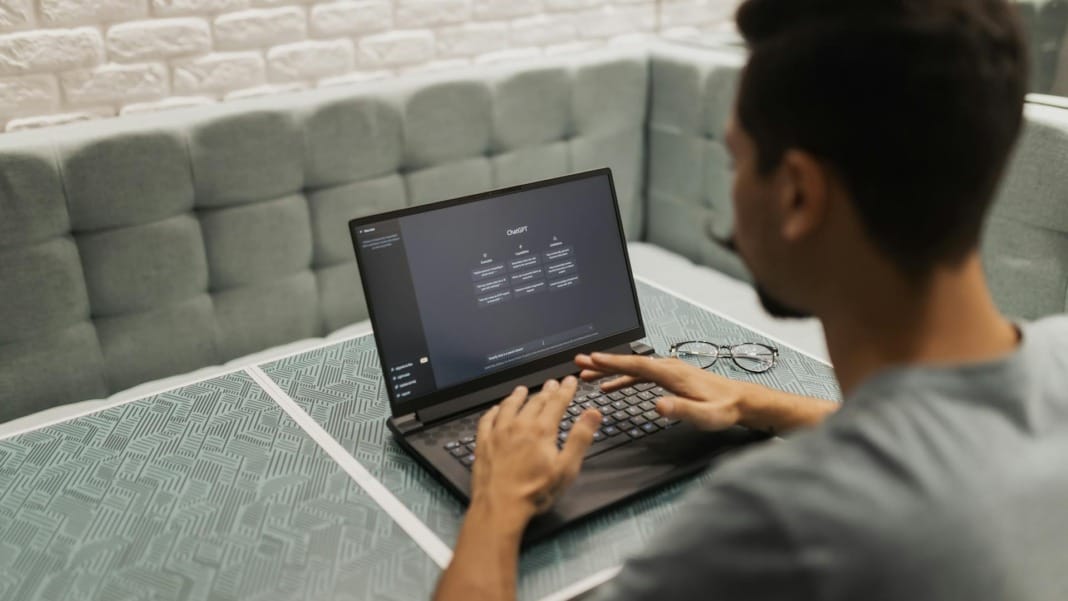In anticipation of the Munich Security Conference, set to begin tomorrow, technology giants Google, Microsoft, and OpenAI have announced significant commitments to enhance cybersecurity. These initiatives, which focus on advanced AI technologies, address the ‘defender’s dilemma’ where cybersecurity professionals are constantly on alert, whereas attackers only need a single opportunity to cause significant damage.
Revolutionising cyber defence with AI
Google’s “AI Cyber Defence Initiative” marks a significant step in transforming cybersecurity. This broad strategy includes investment in AI-ready infrastructure, introducing new cyber defence tools, and launching innovative research and AI security training programmes. A vital part of this initiative is the “AI for Cybersecurity” cohort, a Google for Startups Growth Academy segment. This programme aims to strengthen the transatlantic cybersecurity ecosystem by equipping U.S., U.K., and European Union startups with sophisticated AI tools and strategies.
Furthering its commitment to global cybersecurity education, Google is expanding its Google.org Cybersecurity Seminars Program to cover the whole of Europe. This initiative focuses on providing essential training to professionals in underrepresented areas. A notable aspect of Google’s initiative is the introduction of Magika, an open-source AI tool that excels in file type identification, a crucial element in malware detection. Alongside these practical tools, Google is allocating $2 million for research grants at leading universities to explore the role of AI in cybersecurity.
Microsoft and OpenAI’s stand against AI misuse
Concurrently, Microsoft and OpenAI have emphasised their commitment to the ethical and responsible use of AI technologies, including ChatGPT. They have taken decisive steps against state-affiliated threat actors from countries such as China, Iran, North Korea, and Russia, who have been misusing AI for harmful purposes. Their collaborative strategy includes proactive measures to identify and counteract malicious AI use, share necessary data with other AI service providers, and maintain transparency regarding these threats and the actions taken against them.
The global dialogue on AI and cybersecurity
As the Munich Security Conference gathers over 450 influential decision-makers, the interplay between technology and international security will be a crucial focus. The conference serves as a vital forum for discussing the regulation and governance of emerging technologies, with a particular emphasis on promoting global security cooperation.
Google’s recent threat intelligence report highlights the evolving nature of cyber threats, emphasising the increasing sophistication of attackers and the strategic value of offensive cyber capabilities for nation-states. This report specifically points out the risks associated with the ‘Big Four’ – China, Russia, North Korea, and Iran – and their focused efforts in utilising AI for offensive and defensive cyber operations.
AI as a catalyst for cybersecurity transformation
Google’s insights into AI’s potential in cybersecurity reveal its ability to revolutionise the field. AI cannot only enhance threat intelligence and malware detection but also play a crucial role in vulnerability assessment and the creation of automated security responses. This technological shift indicates a future where AI supports cybersecurity professionals and enables individuals without technical backgrounds to manage complex security challenges effectively.
In summary, the commitments Google, Microsoft, and OpenAI announced before the Munich Security Conference represent a united effort to combat cyber threats. These initiatives address current challenges and pave the way for a future where advanced AI is central to defending against and mitigating cyber attacks.





